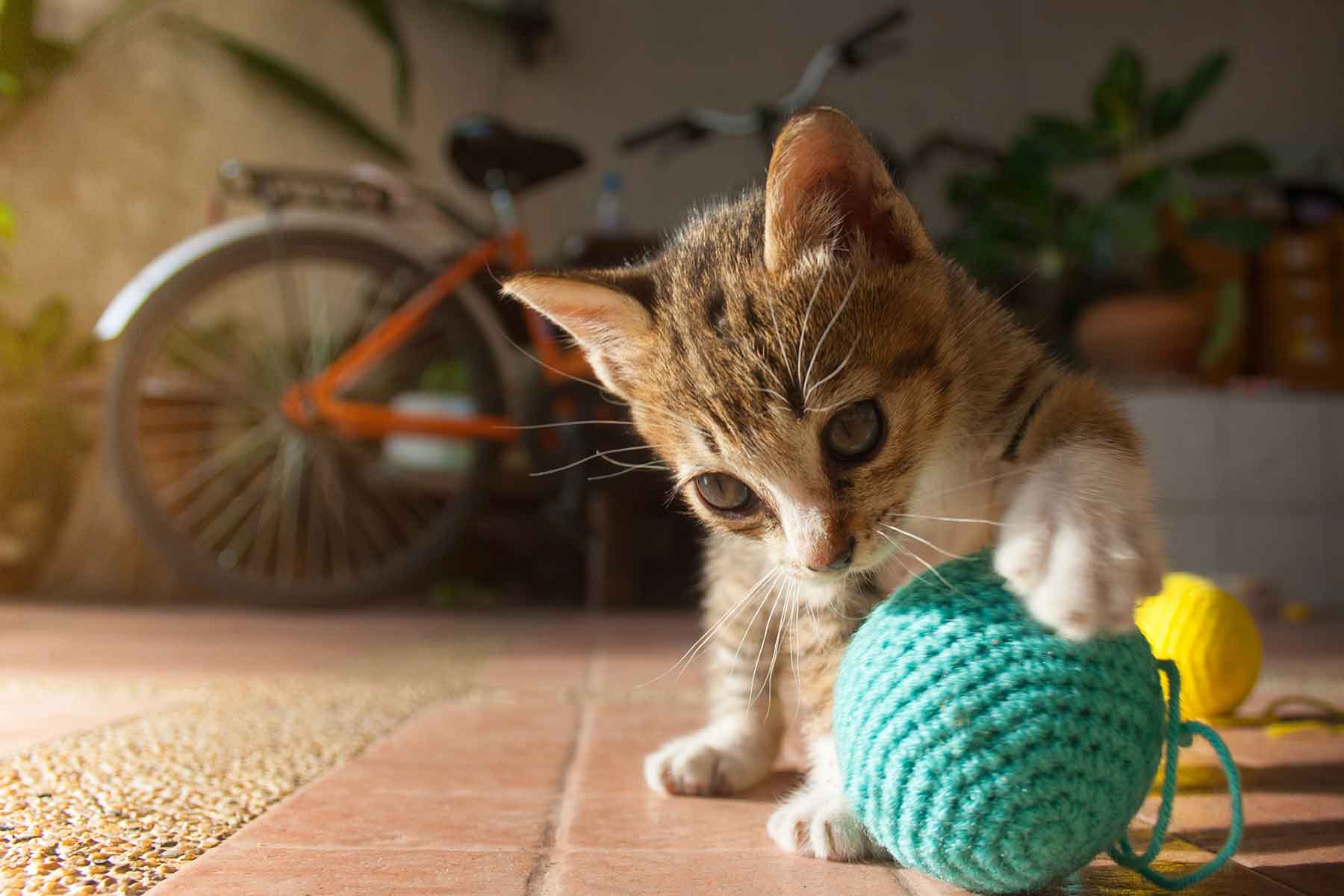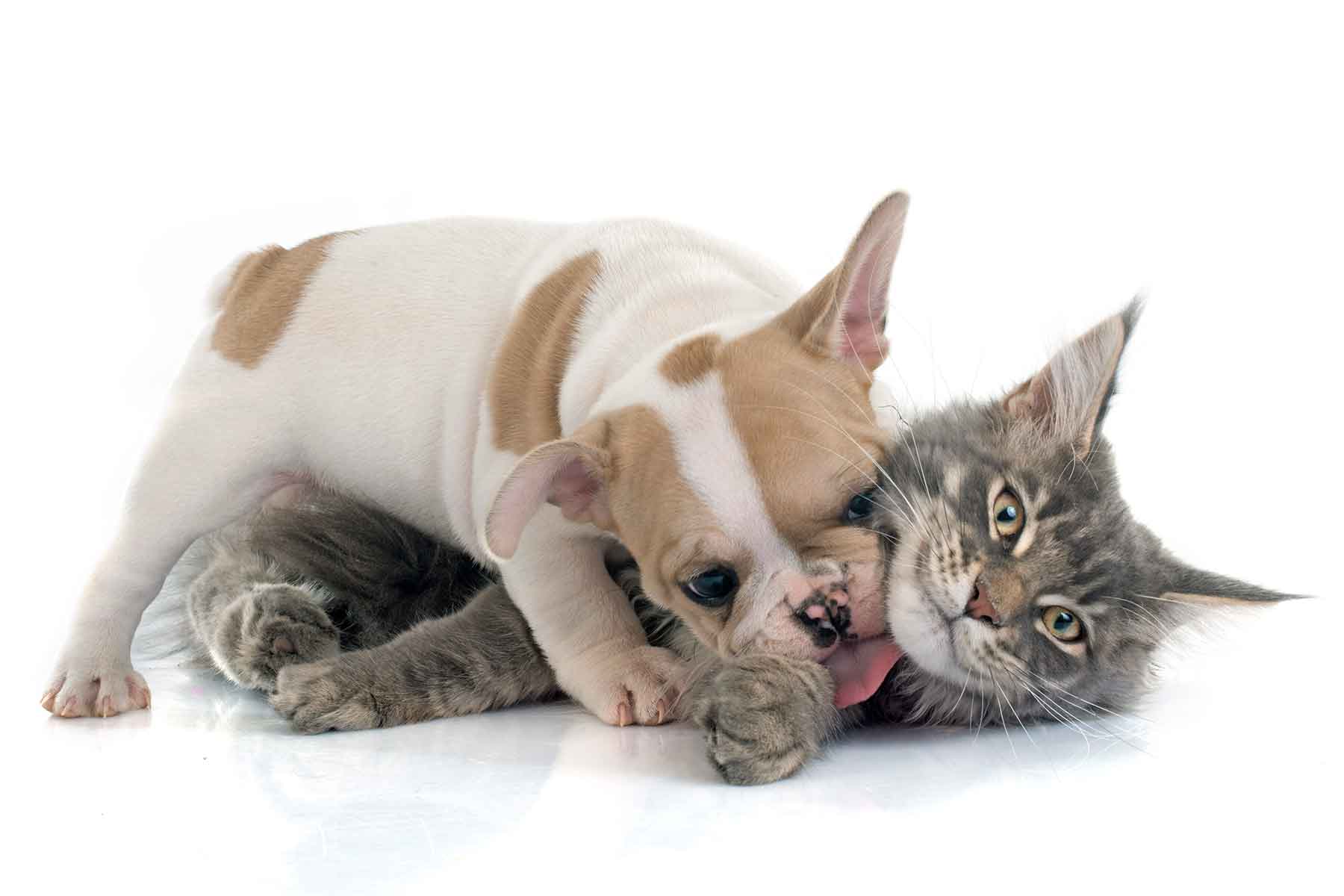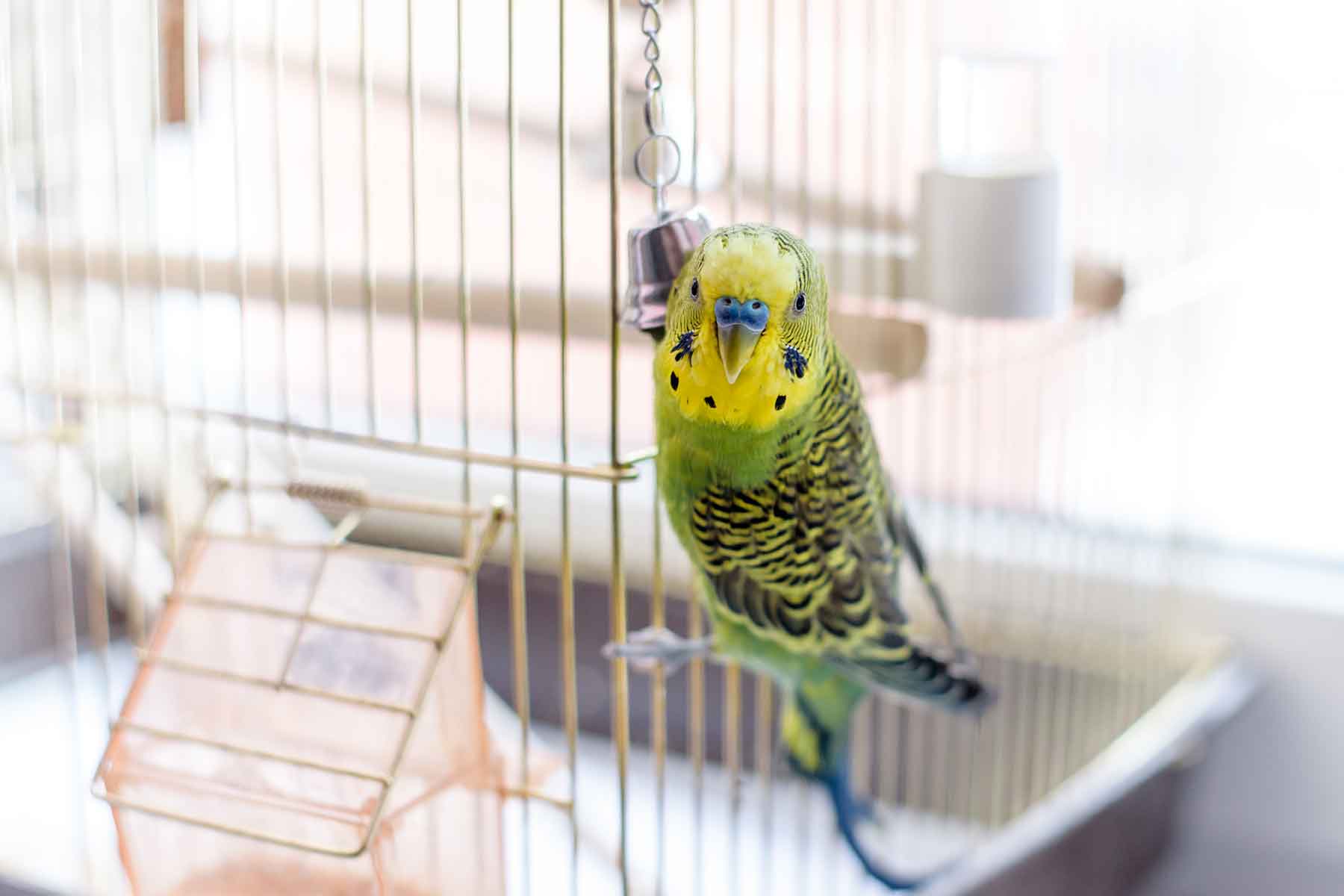Cat coughing is a symptom of a problem, rather than a problem in its own right. When the cough receptors in the larynx (the area at the back of the throat), the trachea (windpipe) or the bronchial tree (smaller airways), are stimulated or irritated a cough will result. There are many reasons why this can occur and you should have your cat checked by a vet if you notice that your cat is coughing to ensure that the problem is identified and treated accordingly.
It is very common in cats for a cough to be followed by a vomit due to the force of the coughing. If you can describe what is happening in as much detail as possible it will help your vet differentiate between a respiratory and a digestive system problem.
Common causes of cat cough
The following is a brief but not exhaustive list of some of the causes of cat cough.
Feline asthma is a common allergic respiratory disease in cats and the more severe form can be accompanied by wheezing. It is a chronic progressive disease for which there is no cure, but the symptoms can be well managed (as with people with asthma).
Irritation of the airways mainly occurs due to inhaled liquids, irritant gases or foreign bodies.
Inflammation of the airways is a common outcome following irritation. It is also seen associated with viral (cat flu), bacterial, fungal and parasitic (lungworm) infections.
Tumours can develop in the upper respiratory tract (mouth and/or throat) or lower respiratory tract (lungs). Clinical signs will depend on where the mass is located and whether it is an isolated mass or diffusely spread throughout the lungs.
Nasopharyngeal polyps are benign growths that grow in the area at the back of the throat. They can block the nose and cause the cat to cough or reluctantly breathe through their mouth.
What will your vet ask?
The first thing your vet will need to do is differentiate between a respiratory and a digestive system problem, as this will guide the investigation. Generally most cats don’t perform on queue and won’t cough or vomit in the vet clinic, so your detailed description will help in narrowing down the possibilities.
Here is a list of questions to consider prior to going to the vet:
- What actually happens? Describe the cough, duration, frequency, and the general characteristics of your cat’s cough.
- Is there something brought up when your cat coughs? Eg. white frothy fluid/ mucus/ hairballs or food?
- Is there a time of day when it is more prevalent? At night or in the morning?
- How long has it been going on?
- Does your cat have a decreased or increased appetite?
- Has your cat lost weight despite eating a lot of food?
- Has your cat’s breathing changed (become more rapid or noisier)?
- Have they started snoring when asleep?
- Has there been any change in behaviour? Eg. sleeping more, change in voice.
- Has your cat been in a cattery/ had access to or been in fights with other cats recently?
If your cat has been coughing, it is advisable to make an appointment to get them checked by your vet. Once a diagnosis is made, your vet will provide you with more details on your cat’s problem and what can be done to ensure the best possible outcome for your cat.











